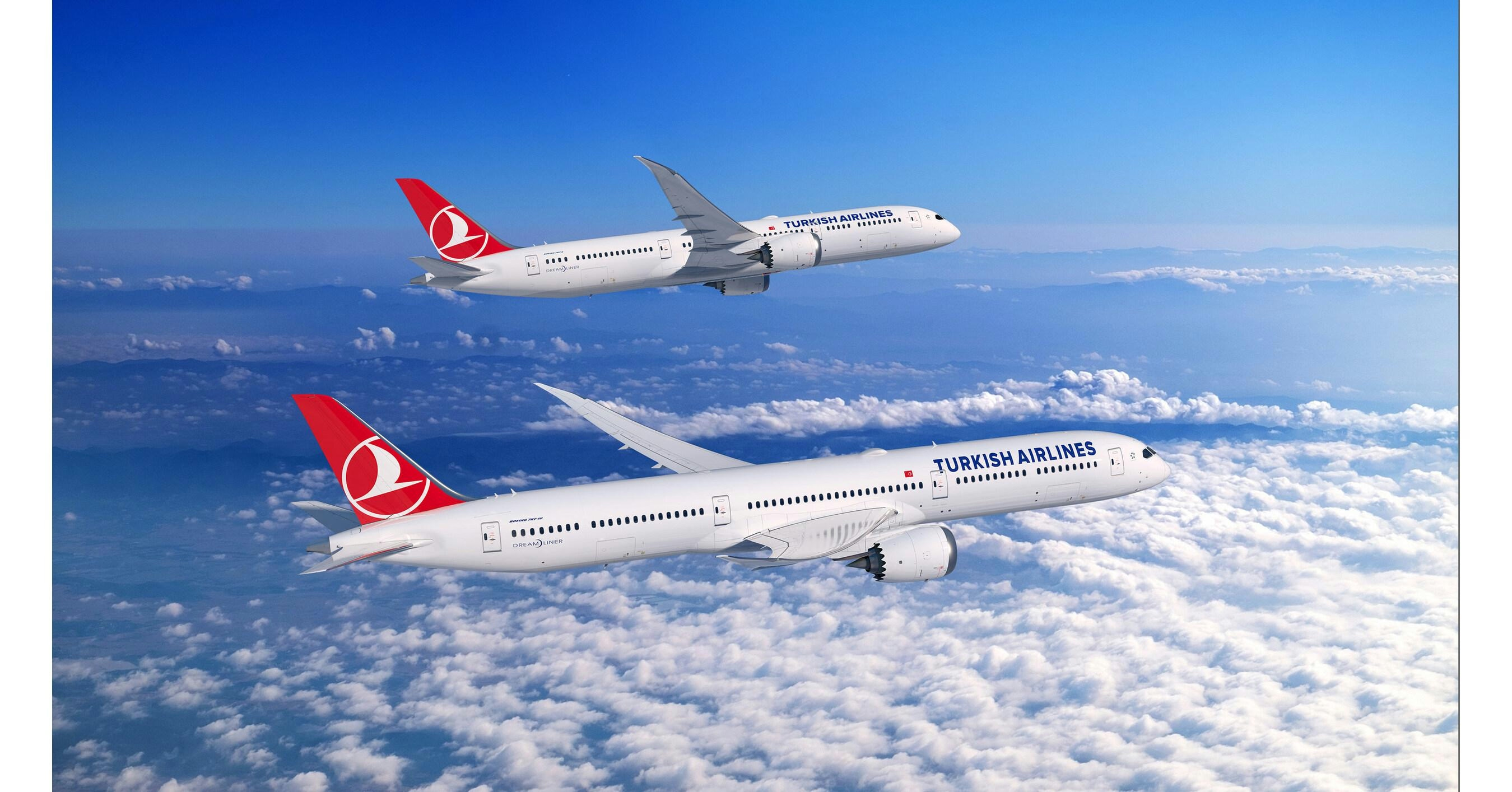AeroGenie — 您的智能副驾驶。
热门趋势
Categories
India Commercial Pilots’ Association Rejects Suicide Theory in AI 171 Crash Report

India Commercial Pilots’ Association Rejects Suicide Theory in AI 171 Crash Report
Rejection of Pilot Suicide Speculation
The India Commercial Pilots’ Association (ICPA) has issued a strong condemnation of the speculation suggesting pilot suicide as a cause of the Air India AI 171 crash. This statement followed the release of the preliminary report by the Aircraft Accident Investigation Bureau (AAIB) on Saturday. The tragic incident occurred on June 12 in Ahmedabad, resulting in the deaths of all passengers and crew except one.
The AAIB’s initial findings revealed that three seconds after takeoff, the fuel supply to both engines of the London-bound Air India Boeing 787 was abruptly cut off. The report indicated that the fuel cutoff switches for both engines were moved from the “run” to the “cutoff” position in rapid succession. However, the report did not include the full cockpit voice recorder transcript, providing only a brief exchange in which one pilot questioned the other about the fuel cutoff, and the latter denied having done so.
ICPA’s Response and Call for Responsible Reporting
In a statement released on Sunday, the ICPA, which represents pilots from the former Indian Airlines, expressed deep concern over what it described as “reckless and unfounded insinuation of pilot suicide.” The association emphasized that there is no basis for such a claim at this stage and criticized the premature invocation of such a serious allegation based on incomplete or preliminary information. The ICPA highlighted that such speculation is not only irresponsible but also deeply insensitive to the victims and their families.
The association reaffirmed its unwavering support for the flight crew of Air India flight AI 171, underscoring that pilots undergo rigorous psychological and professional screening, recurrent training, and operate under stringent safety and mental fitness standards. The ICPA’s statement stressed that casually suggesting pilot suicide without verified evidence constitutes a gross violation of ethical reporting and undermines the dignity of the profession.
The ICPA further urged respect for the ongoing investigative process, asserting that any speculation of this nature is unacceptable and must be condemned. The association maintained that the crew acted in accordance with their training and responsibilities under challenging circumstances and deserve support rather than vilification.
Broader Impact and Ongoing Investigation
The controversy surrounding the crash has had wider repercussions. Market reactions have been mixed, with some investors expressing concerns about Air India’s safety record, while others remain optimistic about the airline’s prospects. Competitors have responded by intensifying scrutiny of Air India’s operational practices and safety protocols, while simultaneously emphasizing their own safety measures to reassure passengers.
Meanwhile, families of the victims have raised allegations against Air India, accusing the airline of exerting pressure during compensation negotiations. Several family members claimed that the airline threatened to withhold compensation if they did not complete a required questionnaire, adding complexity to the aftermath of the tragedy.
As the official investigation continues, the ICPA and other stakeholders have called for restraint and objectivity, emphasizing the necessity of a thorough and unbiased inquiry before any conclusions are drawn regarding the cause of the crash.

Four Gateway Towns to Lake Clark National Park

PRM Assist Secures €500,000 in Funding

InterGlobe Aviation Shares Rise 4.3% Following January Portfolio Rebalancing

Key Market Segments Shaping Airline Route Profitability Software

Locatory.com Gains Traction Among Aviation MROs and Suppliers

58 Pilots Graduate from Ethiopian University

The Engine Behind Boeing’s Latest Widebody Aircraft

UBTech Shares Rise After Airbus Orders Humanoid Robots

Boeing’s Widebody Jet Sales Surge Signals Shift in Global Air Travel

French Aircraft Design Claims to Reduce Energy Consumption by Elevenfold
